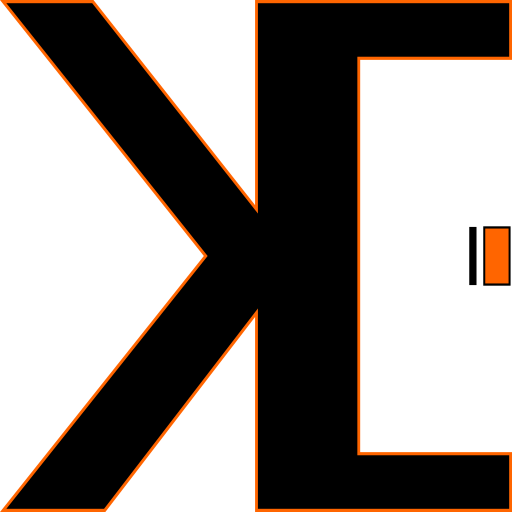Recent studies on workplace productivity have demonstrated that flexibility in full-time working hours enhances staff morale, workplace culture, and productivity. Employees who enjoy connected autonomy—where they have control over where, when, and how they manage their time and workloads, yet still feel part of a team—tend to be happier. And happier employees are typically more productive. A rigid workplace often leads to dissatisfaction, especially among knowledge workers.
The benefits of a flexible workplace for employees include improved work-life balance and reduced burnout. For employers, benefits include increased productivity and reduced turnover. However, it’s crucial to weigh these advantages against potential disadvantages before implementing flexible working conditions. This is a change management project that requires careful planning, system, and process adjustments to succeed.
Several programs foster workplace flexibility, including remote work, job-sharing, and compressed workweeks. One popular program is the 9/80 work schedule, which involves working 80 hours over nine days, providing employees with an extra day off every two weeks. This schedule maintains the same number of hours in a pay period while offering more control over time and schedules without sacrificing salary. Organizations benefit from maintaining control over staff and payroll.
The 9/80 schedule involves working four nine-hour days and one eight-hour day in a two-week period. The first four-hour block completes the first week, and the second four-hour block begins the second week. This allows for a flex day off. Proper time tracking and payroll management are critical, with one workweek designated as the payroll cut-off.
Implementing the 9/80 schedule requires discussions about whether it should be optional or mandatory. Such decisions should reflect the organization’s culture and involve open discussions with employees. Potential challenges include managing longer workdays, which may affect motivation if leisure time feels reduced.
For effective time tracking, tools like Traqq can be invaluable. Traqq tracks employee work time ethically, capturing data like screenshots, internet usage, and app activity. It operates offline and syncs once online. Traqq is suitable for freelancers and large teams, offering free access to comprehensive tools with encrypted data.
Consider trying Traqq to facilitate the ethical and efficient implementation of the 9/80 work schedule, maximizing productivity and employee satisfaction.





